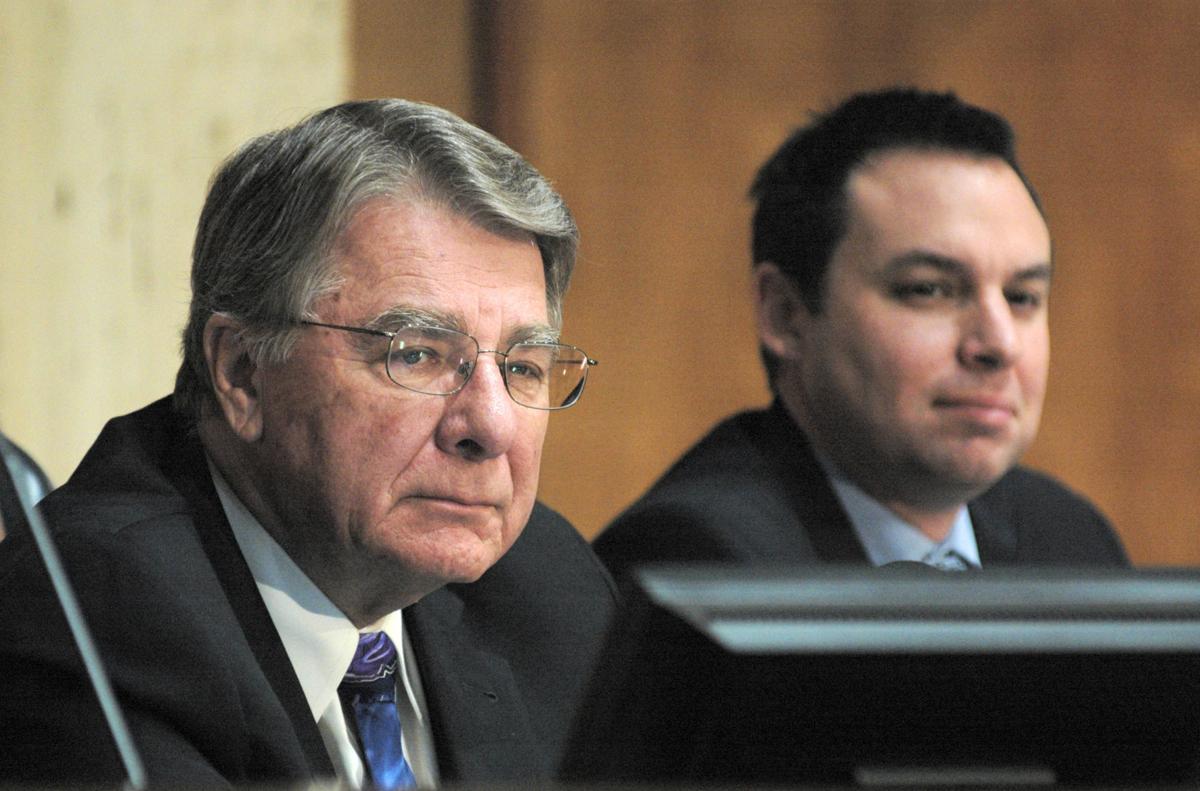PHOENIX — A move by state Senate leaders to update the chamber’s harassment policy is provoking some criticism over what’s not included.
The comprehensive new policy, the first update since 2005, details the kinds of conduct that is unacceptable, from face-to-face sexual harassment to anything else that would be considered to create a hostile work environment.
For example, it would be a violation to post cartoons, pictures or calendars containing anything that could be considered a slur based on an individual’s race, color, religion, sex, pregnancy, sexual orientation, national origin, age or disability.
But Senate Minority Leader Katie Hobbs said it doesn’t go far enough in one respect: It does not extend similar protections based on “gender identity.”
“Many Arizonans identify as a gender different than their sex assigned at birth and they should have the same rights as their peers to enjoy a work environment that is free from harassment,” the Phoenix Democrat said in a prepared statement. “There should not be a reason for anyone to feel unwelcome at the Senate.”
A spokesman for Senate President Steve Yarbrough, R-Chandler, said he would have no comment on the decision not to include gender identity.
The Senate policy is more comprehensive than the one recently updated by House Speaker J.D. Mesnard.
The House extends anti-harassment protections only to those who fit into categories defined in state and federal anti-discrimination laws. That not only excludes issues of gender identity but also of sexual orientation, leaving harassment against gay and lesbian legislators and staffers as a non-violation.
Mesnard said he’s not interested in changing that, suggesting that the timing is wrong.
“It isn’t appropriate to inject a contentious political debate into the important national discussion on sexual harassment,” the Chandler Republican said. “Thus, the House policy maintains consistency with state and federal law.”
Various efforts to extend Arizona’s anti-discrimination laws to include sexual orientation have gone nowhere.
The closest thing the state has is an executive order issued in 2003 by then-Gov. Janet Napolitano prohibiting state agencies, boards and commissions from discriminating in employment on the basis of an individual’s sexual orientation.
That order, which remains in effect, also says any type of harassment based on sexual orientation “shall be a cause for discipline, up to and including termination of employment.”
That order, however, governs only the executive branch and has no force in the Legislature, which sets its own rules.
Questions about Arizona’s state policies and laws arose earlier this year on the heels of the NCAA moving all events for the season out of North Carolina after that state’s legislature took a series of actions running afoul of the organization’s “values of inclusion and gender equality.”
But Gov. Doug Ducey, at an event earlier this year to promote the Final Four tournament in Phoenix, said he does not believe Arizona’s lack of laws protecting gays and transgender individuals from discrimination will prevent the state from landing future national events, as happened in North Carolina.
Ducey said then he has no intention of asking the Legislature to change the statutes.
The governor acknowledged Napolitano’s executive order — and the limits of its scope. “I’m not in the habit of telling the Legislature and other elected officials what they should be doing,” he said.
Phoenix Mayor Greg Stanton, also at the same event, said he favors expansion of protections.
“I believe that the state of Arizona should pass a non-discrimination law that would protect all LGBT citizens,” the mayor said. It’s not just to ensure that Phoenix and Arizona can get similar sporting events in the future, he said.
“We’re competing for talent,” Stanton said. “We want Arizona and all of our communities to be as competitive for talent as possible. And when you pass laws like that it sends the right statement about your values as a community.”





